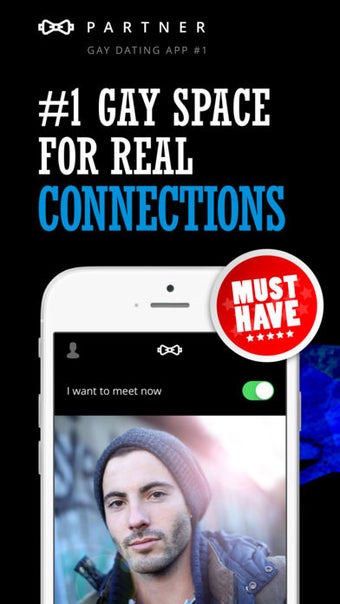
WEIGHT: 61 kg
Breast: 2
One HOUR:250$
NIGHT: +50$
Services: Massage, Lesbi-show hard, Toys, Food Sex, Lapdancing
Software defines our everyday experiences. With an improved user experience, more and more people can use computer systems. Communication in families as well as in the workplace is largely software mediated.
The choices we make, from the news articles we read to the movies we watch and the people we date, are to a large extent software supported. Personalized news portals, navigation systems, social media platforms, shopping portals, music streaming services, and dating apps are only some examples of systems that affect what we think and do. Artificial intelligence, learning about the users and their preferences, and striving for simplicity in interaction, reduces the need to make active decisions and hereby removes chance and choice.

Will this lead to highly optimized systems—that apparently work great for the user—but at the same time end the element of randomness and serendipity in our lives? In the talk, I will analyze the situation and these developments, looking at contributing technologies such as content creating, recommender systems, and augmented reality. This opens the question if interactive human centered artificial intelligence can help to keep the user in control or if control is just an illusion.
His teaching and research interests are in human-centered artificial intelligence, intelligent interactive systems, ubiquitous computing, multimodal user interfaces, and digital media technologies.
During his sabbatical in he was a visiting academic at the Engineering Department at the University of Cambridge in the UK and worked at Microsoft Research there.





































